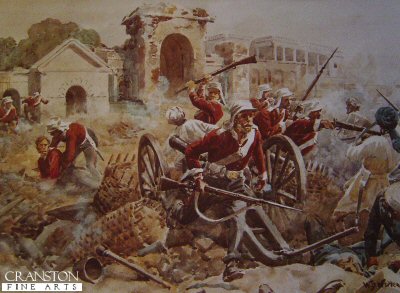Why the Taliban is winning in Afghanistan
By William Dalrymple, New Statesman, June 22, 2010
As Washington and London struggle to prop up a puppet government over which Hamid Karzai has no control, they risk repeating the blood-soaked 19th-century history of Britain’s imperial defeat.
In 1843, shortly after his return from Afghanistan, an army chaplain, Reverend G R Gleig, wrote a memoir about the First Anglo-Afghan War, of which he was one of the very few survivors. It was, he wrote, “a war begun for no wise purpose, carried on with a strange mixture of rashness and timidity, brought to a close after suffering and disaster, without much glory attached either to the government which directed, or the great body of troops which waged it. Not one benefit, political or military, has Britain acquired with this war. Our eventual evacuation of the country resembled the retreat of an army defeated.”
It is difficult to imagine the current military adventure in Afghanistan ending quite as badly as the First Afghan War, an abortive experiment in Great Game colonialism that slowly descended into what is arguably the greatest military humiliation ever suffered by the west in the Middle East: an entire army of what was then the most powerful military nation in the world utterly routed and destroyed by poorly equipped tribesmen, at the cost of £15m (well over £1bn in modern currency) and more than 40,000 lives. But nearly ten years on from Nato’s invasion of Afghanistan, there are increasing signs that Britain’s fourth war in the country could end with as few political gains as the first three and, like them, terminate in an embarrassing withdrawal after a humiliating defeat, with Afghanistan yet again left in tribal chaos and quite possibly ruled by the same government that the war was launched to overthrow.


